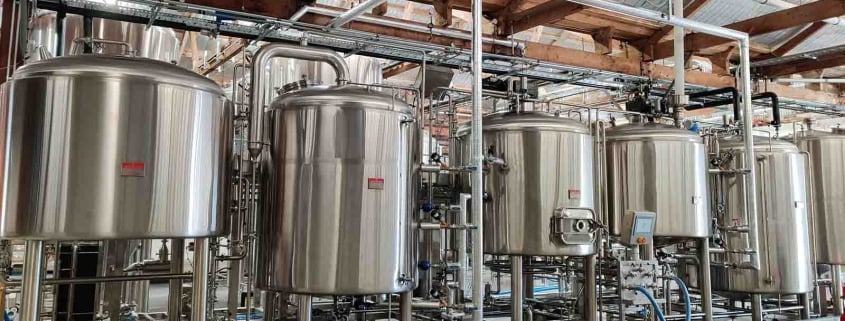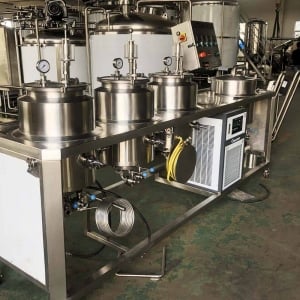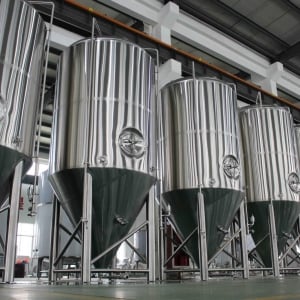Beer Fermentor: Guide to Brewing Your Own Beer
Are you tired of spending money on overpriced beer at the store? Have you ever considered brewing your own beer at home? If so, a beer fermentor is an essential tool that you will need to get started. In this article, we will explore what a beer fermentor is, how it works, and everything you need to know about brewing your own beer.
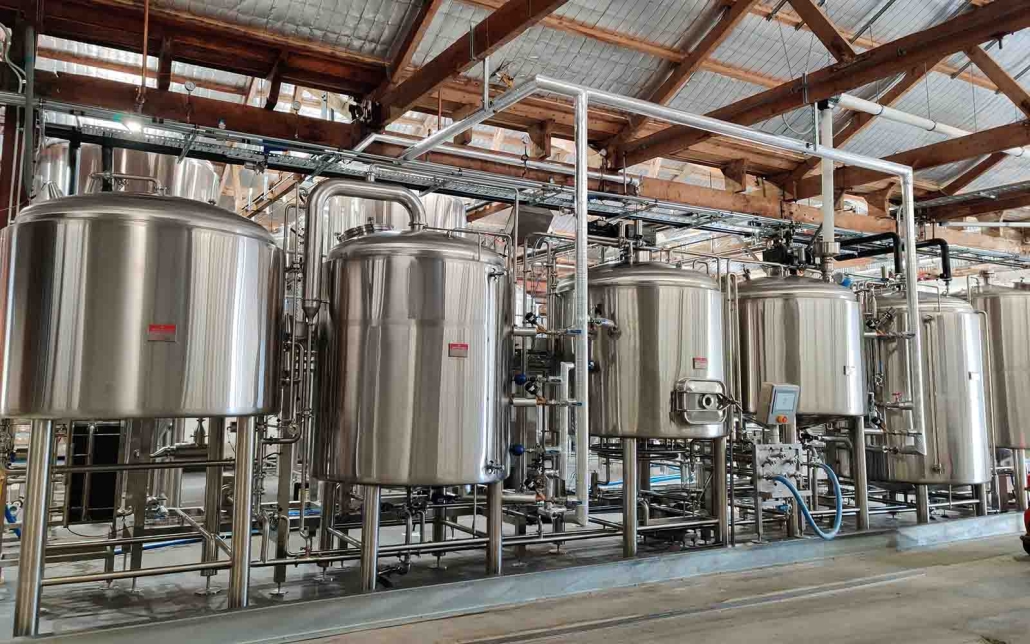
What is a Beer Fermentor?
A beer fermentor is a container where beer is fermented and aged. During the fermentation process, yeast consumes the sugars in the beer, converting them into alcohol and carbon dioxide. The beer fermentor provides an airtight environment where the yeast can work its magic without being disturbed by outside contaminants.
Types of Beer Fermentors
When it comes to brewing your own beer at home, choosing the right type of fermentor is crucial to the success of your brewing process. There are several types of beer fermentors available, each with their own benefits and drawbacks. In this section, we will explore the different types of beer fermentors and their features to help you make an informed decision.
Plastic Buckets
Plastic buckets are a popular choice for beginner brewers due to their affordability and ease of use. They are lightweight and easy to move, making them a practical option for home brewing. Additionally, plastic buckets are airtight, which helps to maintain a consistent temperature during the fermentation process. However, plastic fermentors are not as durable as other types of fermentors, and they can be more difficult to clean.
Glass Carboys
Glass carboys are another popular choice for home brewers, as they allow you to monitor the fermentation process and watch your beer as it ferments. They are also easy to clean and sanitize, which helps to prevent contamination. However, glass carboys can be heavy and fragile, making them more difficult to move and handle. Additionally, they can be more expensive than plastic fermentors.
Stainless Steel Fermentors
Stainless steel fermentors are durable, easy to clean, and provide a sleek and professional look to your home brewing setup. They are also less prone to contamination than plastic or glass fermentors, which helps to maintain the quality of your beer. However, stainless steel fermentors can be more expensive than other types of fermentors, and they may not be as practical for small-scale home brewing.
Conical Fermentors
Conical fermentors are a newer type of fermentor that are becoming increasingly popular among home brewers. They are designed to allow for a more efficient and controlled fermentation process, and they can be used for both primary and secondary fermentation. Conical fermentors are typically made of stainless steel, which makes them durable and easy to clean. However, they can be more expensive than other types of fermentors, and they require more space than other fermentors due to their size and shape.
In conclusion, choosing the right type of beer fermentor depends on your personal preferences, brewing style, and budget. Consider the features of each type of fermentor to determine which one is the best fit for your needs. Whether you choose a plastic bucket, glass carboy, stainless steel fermentor, or conical fermentor, the most important thing is to maintain a clean and controlled environment during the fermentation process to ensure the best possible outcome for your beer.
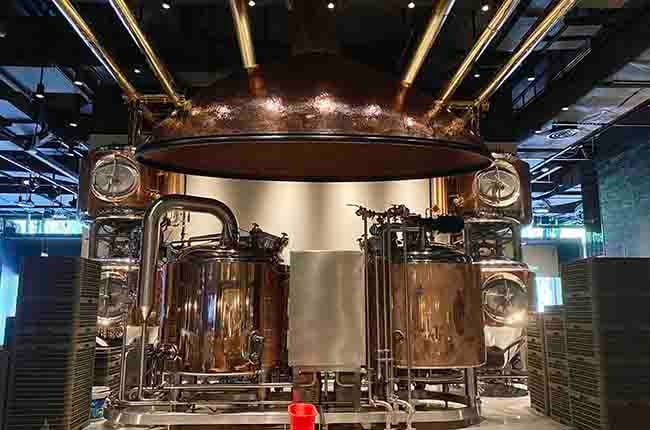
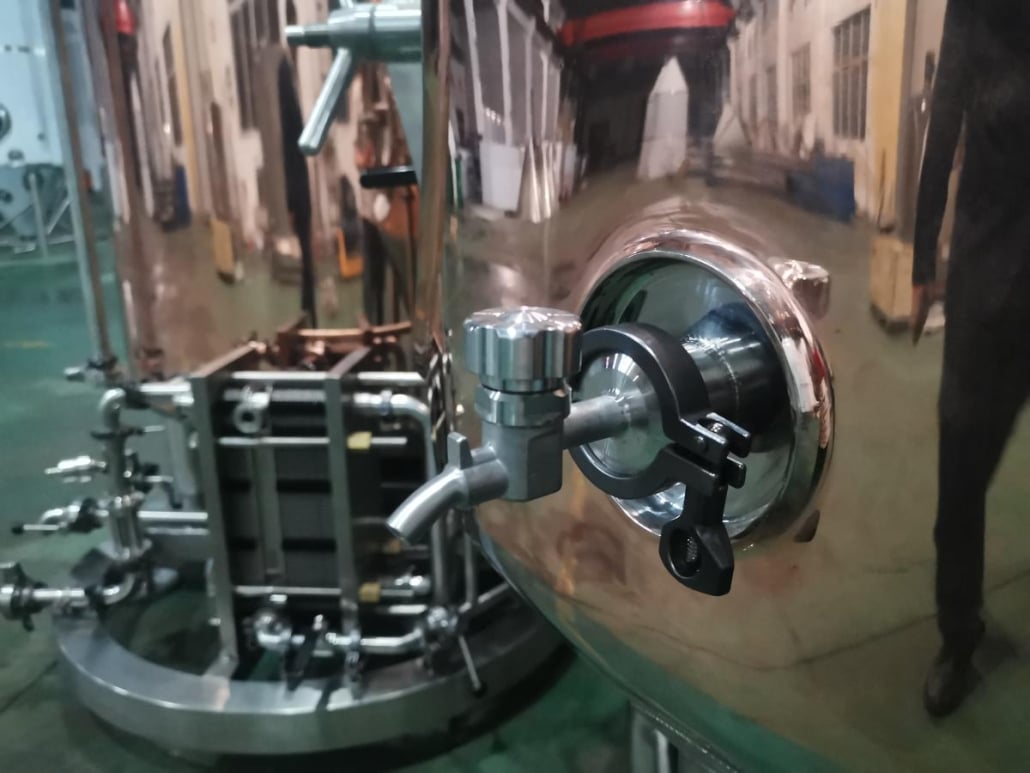
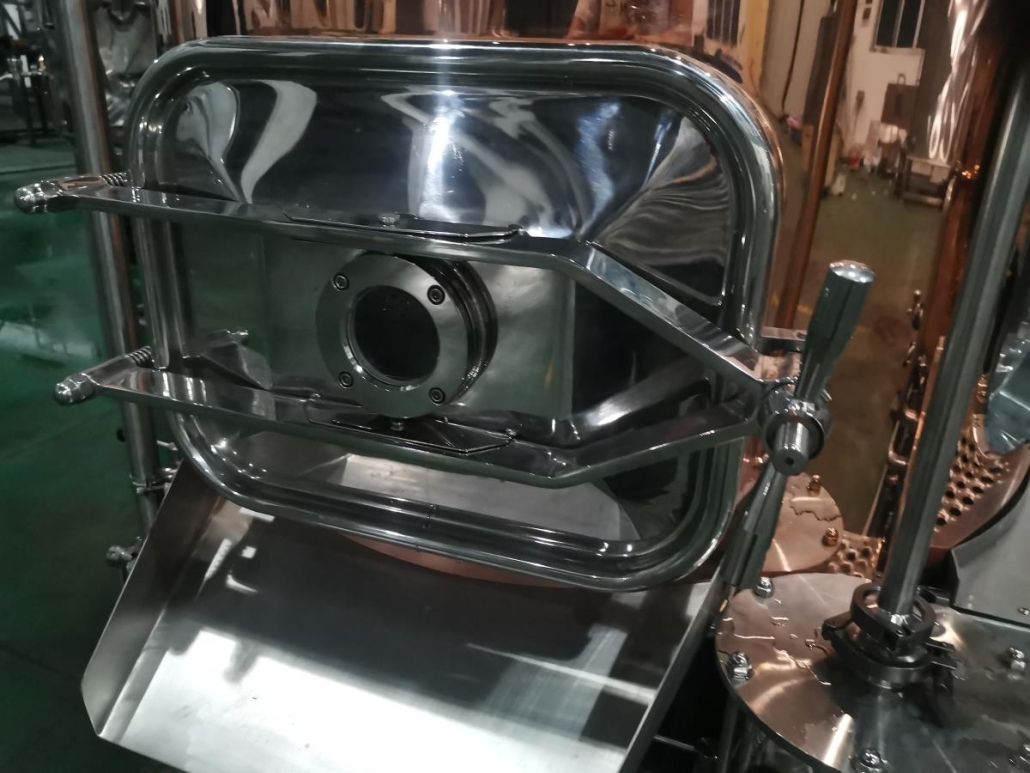
Understanding the Brewing Process with a Beer Fermentor
To fully appreciate the importance of a fermentor, let’s walk through the beer brewing process. Here’s where the fermentor steps into the spotlight:
- Wort Preparation: You start with the wort (unfermented beer), made by boiling grains and hops.
- Cooling and Transfer: Once the wort cools, it gets transferred to the fermentor.
- Yeast Pitching: Yeast is added to the wort, kicking off fermentation.
- Fermentation: The yeast consumes sugars in the wort, producing alcohol, CO2, and flavor compounds.
- Maturation: Once primary fermentation is complete, the beer may mature in the same vessel or get transferred to a secondary fermentor.
- Packaging: Finally, the beer is bottled, kegged, or served directly from a pressurized fermentor (like a Unitank).
The fermentor ensures that the environment is clean, controlled, and sealed—essential for quality beer.
How a Beer Fermentor Works
A beer fermentor is a container that allows for the fermentation and aging of beer. It works by creating a controlled environment where yeast can convert sugars in the beer into alcohol and carbon dioxide. To achieve this, the beer fermentor must maintain an airtight seal and prevent outside contaminants from entering the container. An airlock is typically used to release carbon dioxide while preventing air from entering.
During fermentation, the yeast consumes the sugars in the beer and produces alcohol and carbon dioxide as byproducts. The temperature and time required for fermentation vary depending on the style of beer and the yeast used. The beer fermentor must be kept at the appropriate temperature to ensure that the yeast can work effectively.
After fermentation is complete, the beer is typically left to age in the fermentor for several days or weeks. This allows the flavors to develop and the beer to become more complex. Once the beer has aged to the desired level, it is ready to be bottled or kegged.
In summary, a beer fermentor is an essential tool for anyone interested in brewing their own beer. It provides a controlled environment where yeast can convert sugars into alcohol and carbon dioxide, resulting in delicious, high-quality beer. Proper temperature control, airlock usage, and aging techniques are all crucial to achieving the desired outcome. By following these guidelines and experimenting with different styles and flavors, you can create your own unique blends of beer that are sure to impress your friends and family.
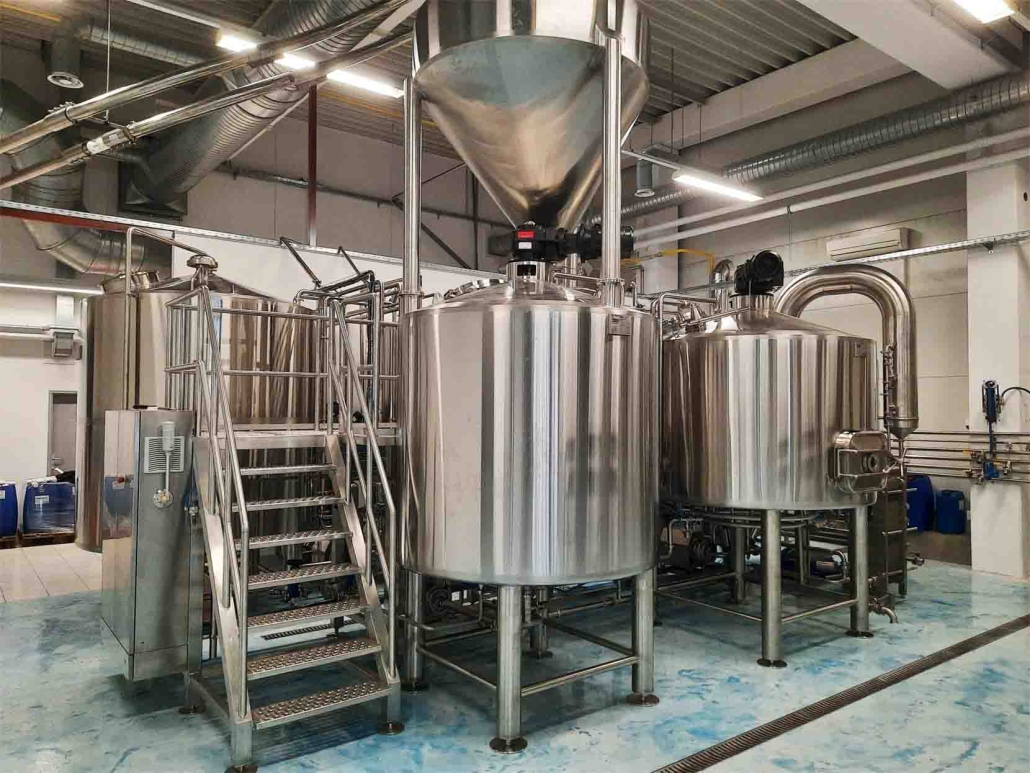
Capacity, Design, and Layout of Beer Fermentors
Choosing the right fermentor involves understanding its capacity, layout, and design. Whether you’re brewing small batches or scaling up commercially, these factors play a crucial role.
| Parameter | Details |
| Capacity | Ranges from 1-gallon homebrew fermentors to 1000+ gallon industrial tanks. Choose based on your production needs. |
| Space Requirement | Homebrewers need minimal space, while commercial fermentors require dedicated brewery layouts. Consider ceiling height and floor area. |
| Material and Design | Stainless steel offers durability and cleanliness, while conical designs improve sediment separation. Glass is ideal for small visual batches. |
| Customization Options | Add features like pressure valves, temperature control, CIP (Clean-In-Place) systems, and sampling ports for efficiency and ease. |
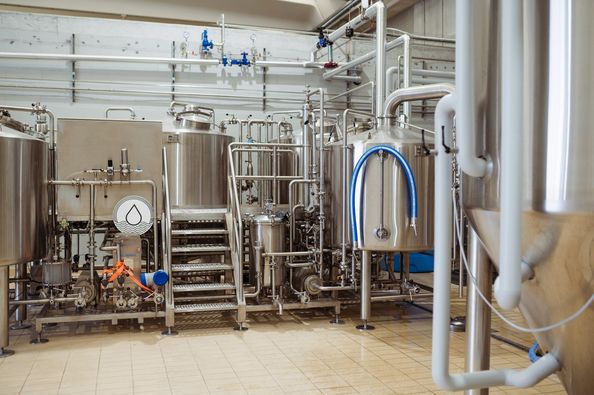
Choosing the Right Beer Fermentor
When it comes to choosing the right beer fermentor for your home brewing setup, there are several factors to consider. Size, material, and price are all important considerations, as is the type of beer you plan to brew. Here are some tips for choosing the right beer fermentor for your needs.
Size
The size of your beer fermentor will depend on the size of your brewing setup and the size of the batch you plan to brew. Larger fermentors are better for brewing larger batches of beer, while smaller ones are suitable for brewing smaller batches or experimenting with different blends. It is important to choose a fermentor that is large enough to allow the yeast to work properly, but not so large that it is difficult to manage.
Material
Beer fermentors are typically made from plastic, glass, or stainless steel. Plastic fermentors are affordable and lightweight, but may be more prone to scratches and contamination than other types of fermentors. Glass fermentors are a good choice for monitoring the fermentation process, as they allow you to see the beer as it ferments. Stainless steel fermentors are durable and easy to clean, but may be more expensive than other types of fermentors.
Price
The price of a beer fermentor can vary widely, depending on the size, material, and features of the fermentor. It is important to choose a fermentor that fits within your budget, but also meets your brewing needs. Keep in mind that a high-quality fermentor may be more expensive upfront, but can save you money in the long run by providing reliable and consistent results.
Type of Beer
The type of beer you plan to brew is an important consideration when choosing a beer fermentor. Some types of beer, such as lagers, require a cooler fermentation temperature than other types of beer. If you plan to brew these types of beer, you may need a fermentor that is equipped with a cooling system to maintain the proper temperature.
In summary, when choosing the right beer fermentor, it is important to consider factors such as size, material, price, and the type of beer you plan to brew. By choosing the right fermentor, you can ensure that your beer turns out as expected and that you can enjoy the rewards of home brewing for years to come.
Installation, Operation, and Maintenance
Installation
Setting up a fermentor depends on its type and size. For smaller fermentors, it’s a simple process of cleaning and placing them in the brewing space. Larger fermentors may require professional installation with connections for temperature control and pressurized systems.
Operation
Operating a beer fermentor involves monitoring temperature, gravity, and pressure. Tools like thermometers, airlocks, and pressure gauges ensure fermentation progresses smoothly.
Maintenance
Cleanliness is vital. Regularly clean fermentors with sanitizing solutions to avoid contamination. Stainless steel fermentors can benefit from CIP systems for hassle-free cleaning.
| Task | Details |
| Daily | Monitor temperature and airlock activity. |
| After Every Batch | Clean and sanitize thoroughly. |
| Monthly | Inspect seals, valves, and connections. |
| Annually | Perform deep cleaning and replace worn parts. |
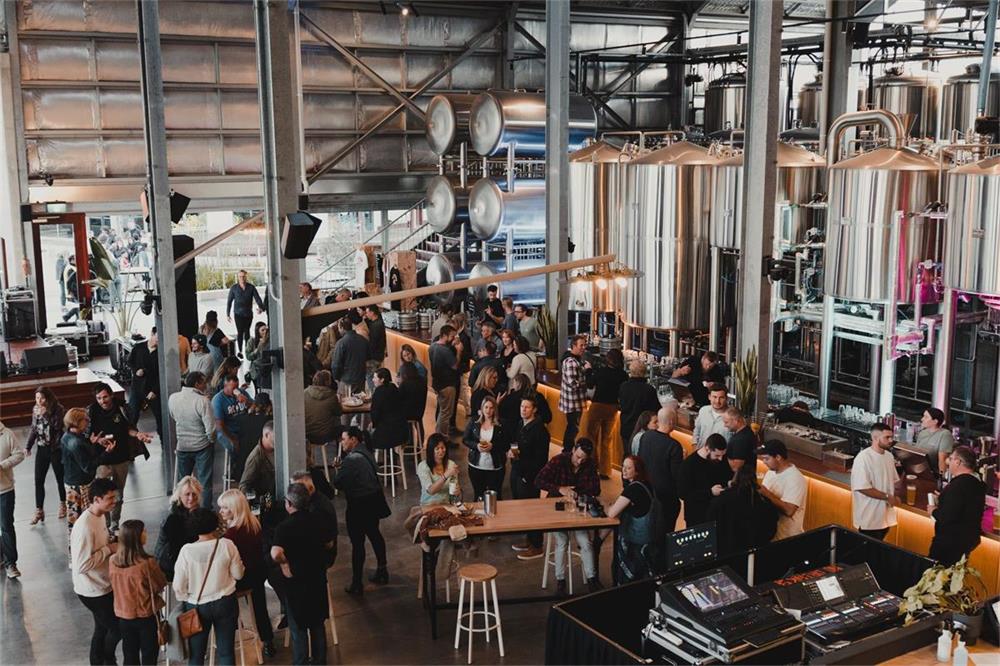
Setting Up Your Beer Fermentor
Before using your beer fermentor, it is important to sanitize it thoroughly to ensure that there are no contaminants that can affect the fermentation process. You will also need to choose the right yeast for your beer style and prepare a yeast starter. Once you have your ingredients ready, you can begin the brewing process by mixing your ingredients and transferring the wort to your beer fermentor.
Tips for Brewing Your Best Beer
When it comes to brewing your best beer, there are several tips and tricks that can help you achieve the perfect brew. By following these tips, you can create beer that is rich in flavor, aroma, and complexity. In this section, we will discuss some of the most important tips for brewing your best beer.
- Choose the Right Ingredients: The quality of your beer will depend largely on the ingredients you use. Choose high-quality hops and malt, and consider experimenting with different types to create unique flavor profiles.
- Control the Temperature: Temperature is an important factor in the brewing process. Be sure to monitor the temperature of your wort during the brewing process to ensure that the yeast is working properly.
- Be Patient: Brewing beer takes time, and rushing the process can result in a less-than-perfect brew. Be patient and allow the fermentation process to proceed at its own pace.
- Experiment with Different Brewing Techniques: There are many different brewing techniques you can use to add complexity and depth to your beer. Try dry hopping, barrel aging, or other techniques to create unique flavor profiles.
- Use Proper Sanitation: Proper sanitation is essential to ensure that your beer turns out as expected. Be sure to sanitize your brewing equipment thoroughly to prevent contamination.
- Measure Your Ingredients Carefully: Measuring your ingredients accurately is crucial to creating a consistent and flavorful brew. Use a digital scale to ensure that you are adding the right amount of each ingredient.
- Consider Water Quality: Water is an important ingredient in beer, and the quality of your water can affect the flavor of your beer. Consider using filtered or distilled water to ensure a clean, crisp flavor.
- Record Your Brews: Keeping a record of your brewing process can help you identify areas for improvement and replicate successful brews in the future.
By following these tips, you can create high-quality beer that is rich in flavor and complexity. Remember to be patient, experiment with different techniques, and use high-quality ingredients to achieve the perfect brew.
Beer Fermentor Price Ranges and Suppliers
Understanding the cost is critical when investing in a beer fermentor. Prices can vary greatly depending on size, material, and customization.
| Supplier | Type | Capacity | Price Range | Best For |
| Blichmann Engineering | Stainless Steel, Conical | 7-42 gallons | $200 – $1,500 | Homebrewers, Small Breweries |
| Ss Brewtech | Conical Fermentors | 7-60 gallons | $300 – $2,500 | Serious Homebrewers |
| BrewBuilt | Conical Stainless Steel | 7-70 gallons | $350 – $3,000 | Intermediate Brewers |
| Custom Industrial Makers | Commercial Unitanks | 100-5000+ gallons | $10,000 – $100,000+ | Large Breweries |
| Spike Brewing | Stainless Fermentors | 10-200 gallons | $500 – $5,000 | Pros and Mid-Size Brewers |
How to Choose the Right Supplier
Selecting a supplier can be daunting. Here are key factors to consider:
- Reputation: Check reviews and testimonials.
- Customization Options: Does the supplier allow modifications?
- After-Sales Support: Look for warranty and customer support.
- Budget: Stay within your price range without sacrificing quality.
- Lead Time: Ensure timely delivery, especially for commercial setups.
Conclusion
A beer fermentor is an essential tool for anyone interested in brewing their own beer at home. By choosing the right fermentor, following proper brewing techniques, and monitoring the fermentation process, you can create high-quality, flavorful beer that is unique to your taste. So why not start brewing your own beer today and discover the endless possibilities of this rewarding hobby. With a little bit of practice and experimentation, you can become a master brewer in no time!
Thank you for reading this blog about Beer Fermentor. If you’re looking for a high-quality, durable, and easy-to-use Beer Fermentor, we recommend the brewing equipment brand Yolong Brewtech. Yolong brewing equipment has a good reputation in the market, and their products’ quality and reliability have stood the test of time. To learn more, visit our product page and browse our brewing system products.

